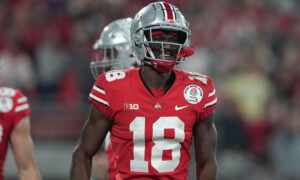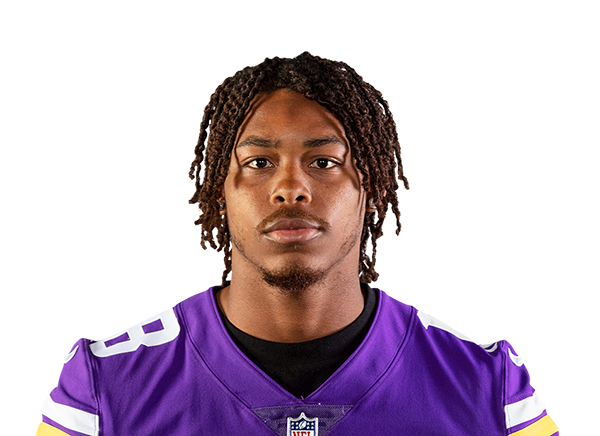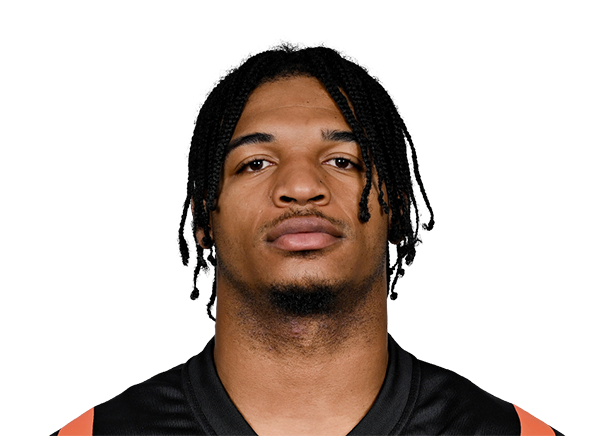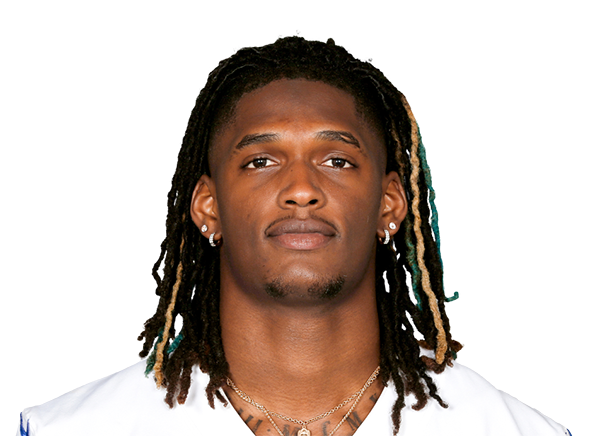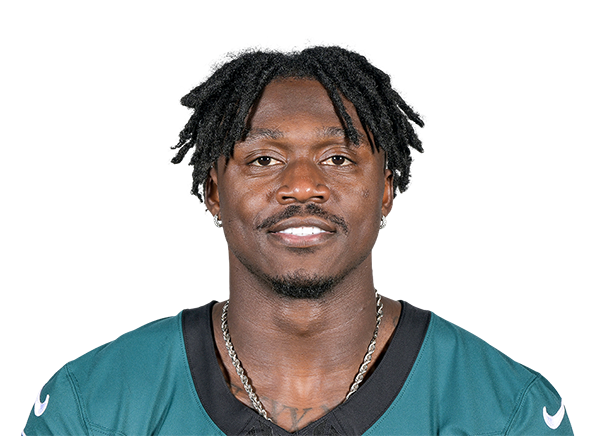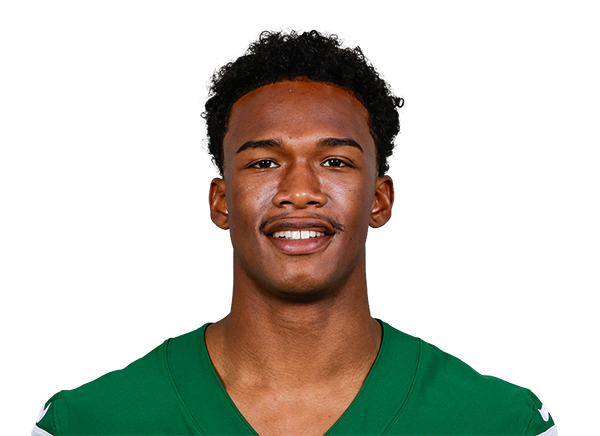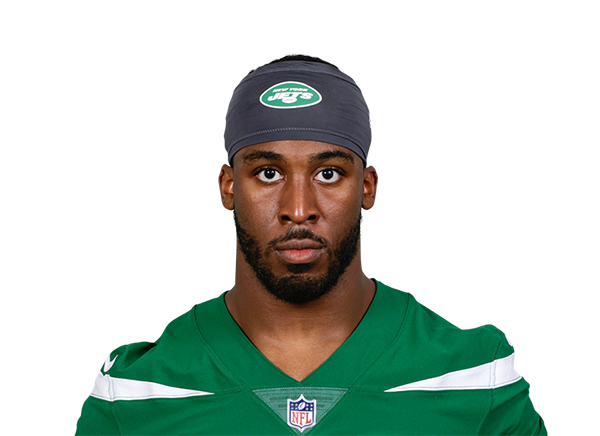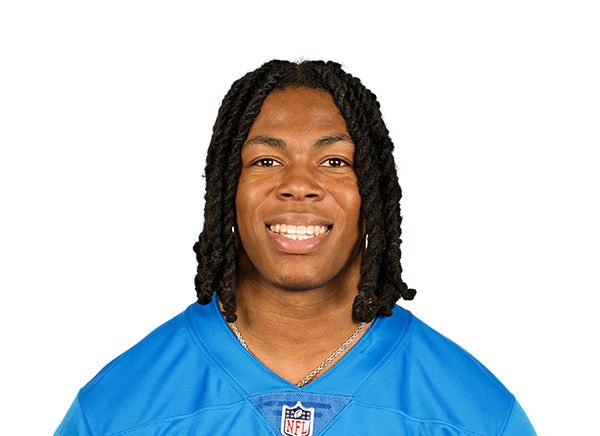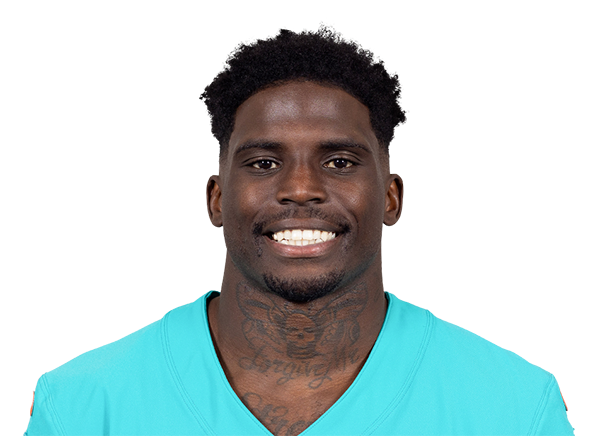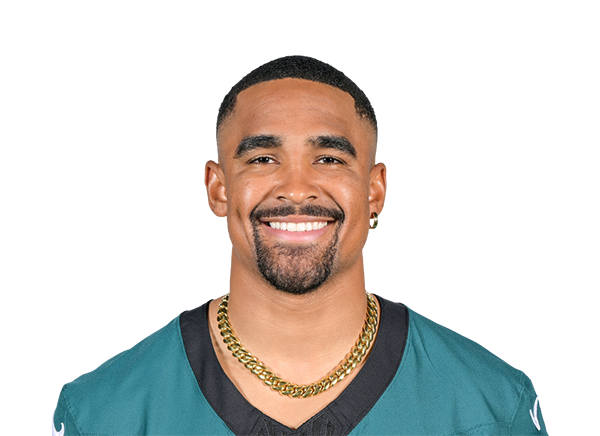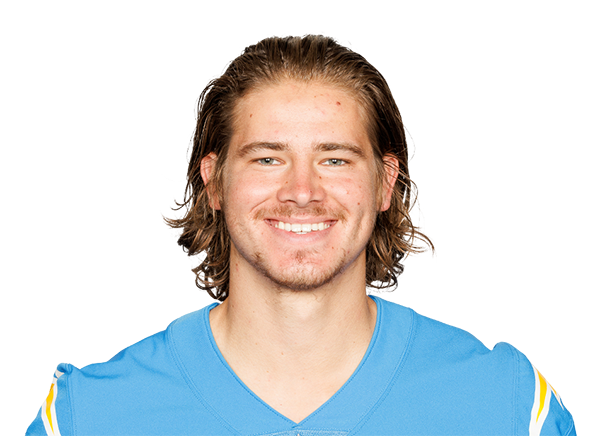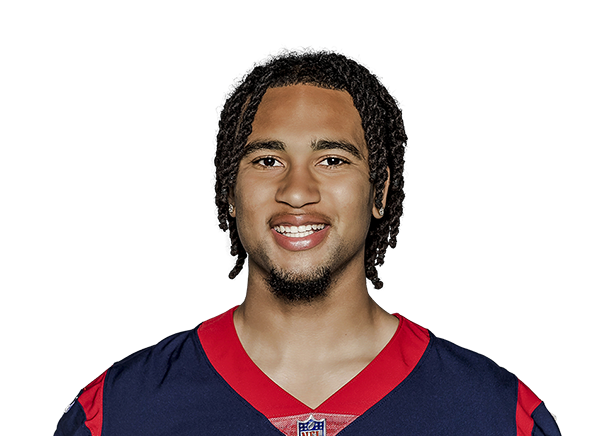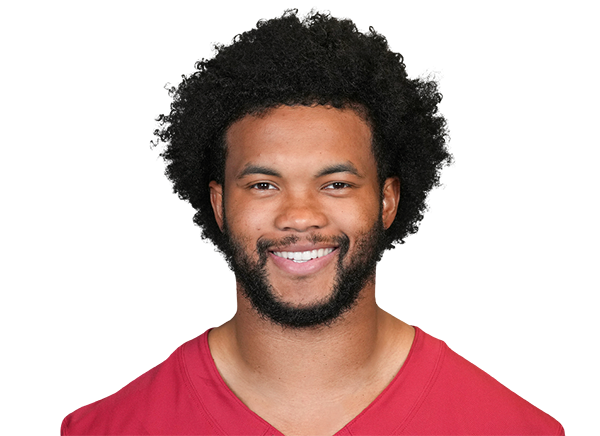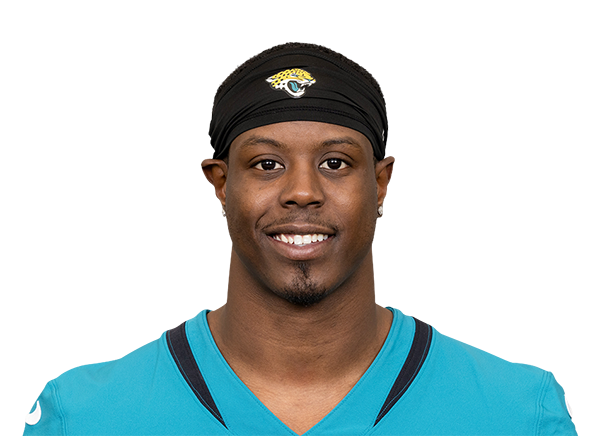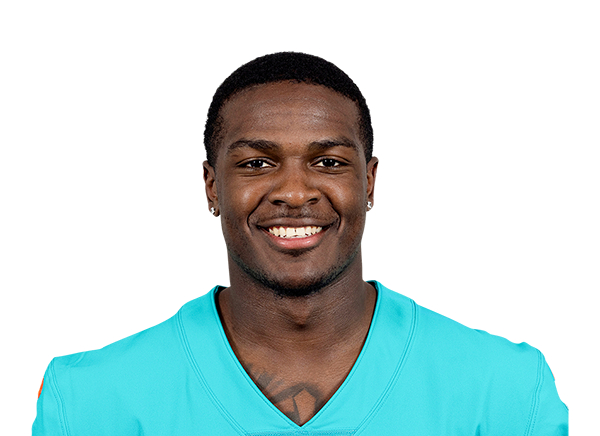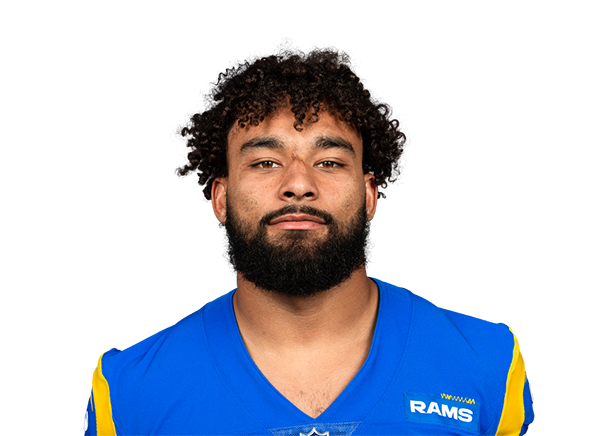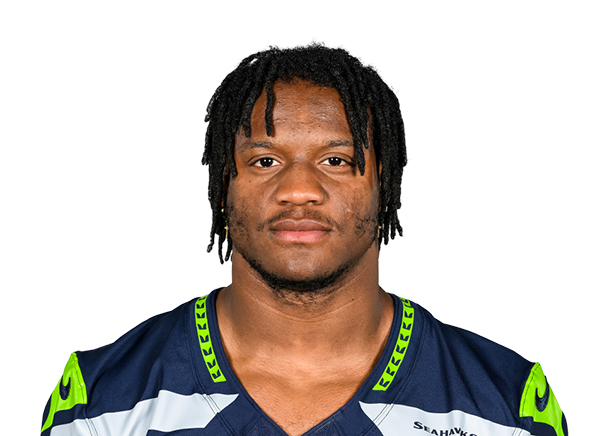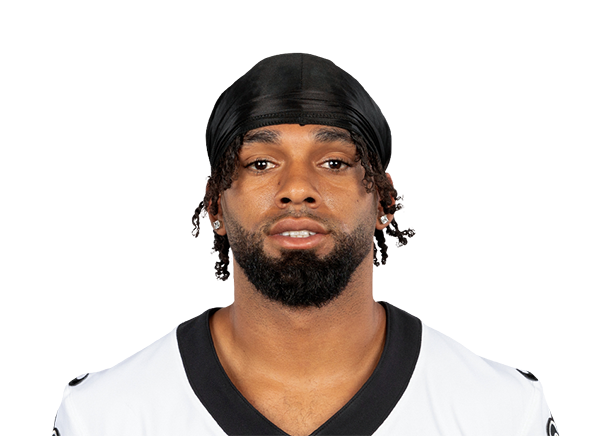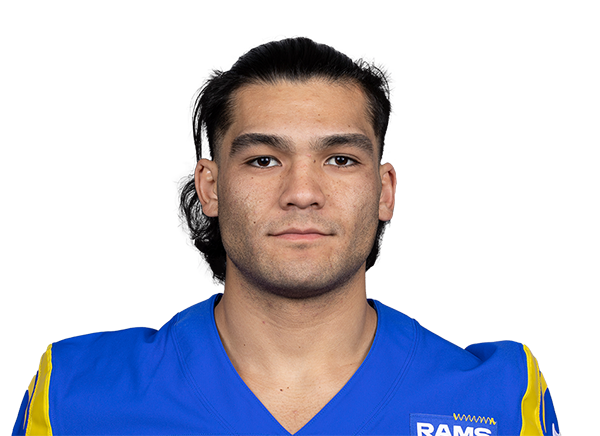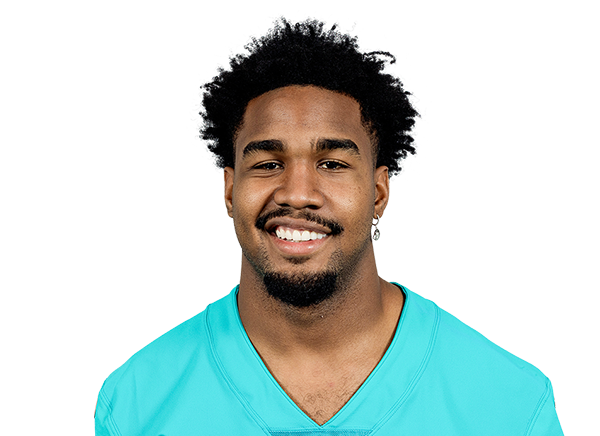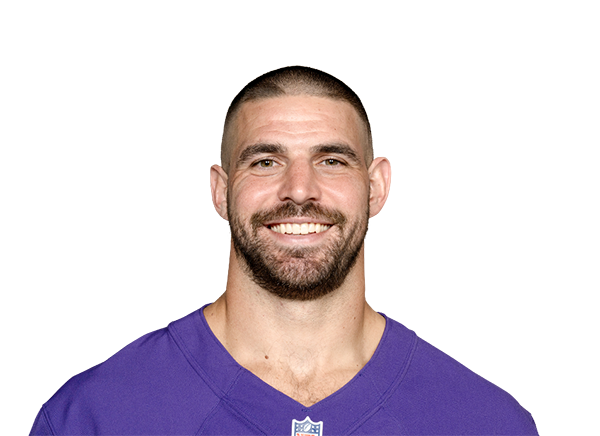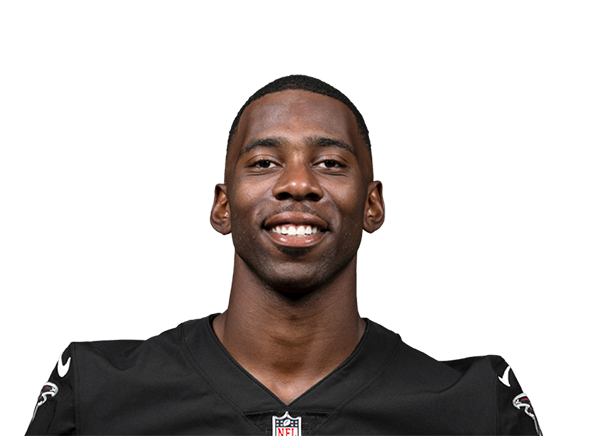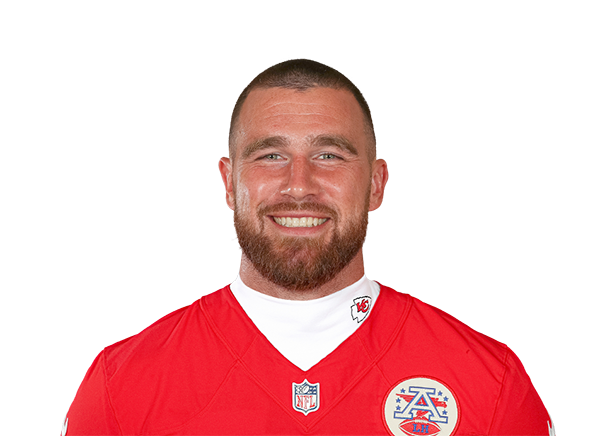Dynasty Diaries: What Is Your Philosophy?
In this series, I give you an inside look at all of my teams, their history and my plans for the future. I’d like to provide some insight into struggles I’ve faced, and reveal weekly thoughts and feelings on anything and everything football. Join me as I succeed or crash and burn. For more information on the leagues, check out the introduction or any previous post. If there is anything more you’d like to see or any questions you have, please let me know in the comments section.
Lately I’ve been attempting to read a little more. I don’t mean scrolling through my Twitter feed or perusing the hundreds of readily-available fantasy football articles (these things will inevitably happen, and I’d be a fraud if I tried to deny them).
I’m talking about books. Reading words on paper and not on screens. Books with chapters, and no character limits. I couldn’t stray too far from what I know (I’m not talking about Shakespeare – I still have the attention span of a goldfish), but I did turn to football books.
It starts and ends with Bill Walsh’s ‘Finding the Winning Edge’ (even though it’s rather pricey) which is more of a ‘manual’ to dive in and out of over time, but there are so many great reads out there that can be both informative and entertaining. Pat Kirwan’s ‘Take Your Eye Off the Ball’, Michael Holley’s ‘The War Room’ and Chris Brown’s ‘The Essential Smart Football’ spring to mind.
Most recently, I got round to Pete Carroll and Yogi Roth’s ‘Win Forever’. Whether or not you like Carroll or the Seahawks, you can’t deny the great success he’s achieved in Seattle. They’ve won the NFC West in four of his seven seasons in charge, had a winning record in the last five and hoisted the first Lombardi Trophy in the franchise’s history. There are many reasons why they’ve enjoyed all of the success, but one of the biggest takeaways from the book has no doubt been his philosophy. It wasn’t simply that his philosophy caught me, but that it is important to define your own.
Just last week, I was asked questions I am asked a lot by Brits who don’t follow the game closely – “what makes the Patriots so great?”, “why is Bill Belichick so successful?” and “how has Tom Brady been so good for so long?” I tend to answer “it’s just the Patriot Way”. Naturally, that opens up more questions than providing answers, and I elaborate on the philosophies of “next man up” and “no days off”. Ultimately, I come back to the same conclusion: players come and go, but the philosophy drives the success (our Tom Kislingsbury can tell you how to use Belichick-ian philosophies in dynasty football). I wanted to try and define my own.
What is your dynasty philosophy?
My Dynasty Philosophy
As I mentioned in the first dynasty diaries piece, I am somewhat of a dynasty ‘noob’ compared to most of the folks around these parts. But having the opportunity to play in a wide range of different leagues, from 10 to 16 teams, non-PPR to PPR, 1QB, superflex and 2QB, as well as a devy league (soon to be two) has given me such an array of different experiences and challenges to face and learn from. Through these four years (and many more of redraft football), these are some of the main beliefs that shape my dynasty philosophy.
Be Adaptable and Flexible
Do you change the way you approach every league based on the league setup and owners?
Does it seem counterintuitive that my first point about a personal philosophy is to encourage adaptability? Well, it’s because every league is different and every year, the players are different. Your fellow owners may change, and so will your attitudes towards players, performances and the future of your dynasty teams. If you’re not open to adapting to the situation, it’s not going to work out.
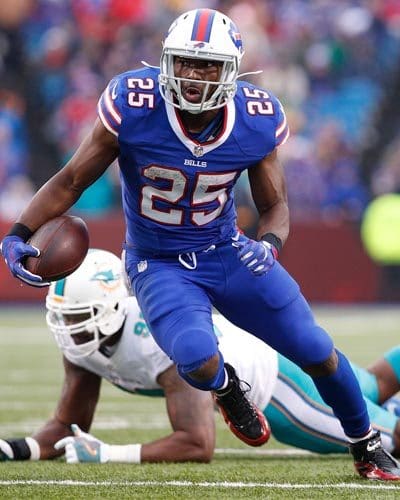 Why do Bill Belichick’s team’s have so much success? Because they adapt their offenses and defenses to the players they have.
Why do Bill Belichick’s team’s have so much success? Because they adapt their offenses and defenses to the players they have.
Why has Chip Kelly failed? Because trying to run the same plays over and over without taking into account your player’s specific skillsets simply doesn’t work. We must adapt.
What does it mean in dynasty football? It means don’t go into a league that requires three starting running backs thinking you can avoid them and go the traditional route of building purely around receivers. Don’t make up your mind that you’re avoiding quarterbacks in a 2QB dynasty league because that’s what led to great success in your 1QB redraft home league.
Flexibility is key, and it applies across the board – in your drafts, roster construction, the way you value players according to league rules and much more. New information should always change the way you play.
Find a Balance
Are you finding a balance with your teams? Are you over-committed to the future or all in for the now? What if you’re wrong?
The first place this should be present is in your opinions. How can I be so sure that Player X is the next big thing? Or that Player Z is ‘awful’? When I like someone, it doesn’t mean I love them, and when I don’t like them, it doesn’t mean I hate them. Everything is relative to dynasty value, and we know value is different in every situation and in every league.
It’s okay to sit on the fence, because from there you can see both sides.
I want balance in my rosters. While successful teams can be built in dozens of ways, I’m going for stars at each position. If I have a competitive team that is young, perhaps I can turn future picks into more players now because I’m already young – when will I compete if I’m always pushing to the future? If I am an older ‘win-now’ team, rather than turning 2017 picks into vets, maybe I push them into 2018 so I can spend a couple of years competing then reload in a big way.
Show Patience
Do you give up on players too early? Where do you need to practice patience?
Sure, football is a young man’s game. But time and time again, we give up on players too soon. Or, when they do finally come through, we decide to ship them off for the next big thing. Sure, a great way to gain team value is to ‘sell-high’, but what’s the point if you’re sending away production for potential when the former will help you win.
Sometimes, we’re talking early in a dynasty life – be patient with those rookies and sophomores because third-year breakouts are possible. Other times, it’s sticking it out with players late in their careers. If they are elite talents, it might be best to just ride it out instead of selling for a young player with just as much risk.
Showing patience doesn’t just mean with my teams – it means committing to the league. I know; there are more important things in life. But when joining a dynasty league, you’re making a commitment. Make sure it’s something you want to do over a long time, and don’t just quit when the going gets tough.
Be Active
Are you an active owner? How often do you check the waiver wire? Do you look to find fair trades with fellow owners?
I’ve just preached showing patience, and now I’m preaching activity. Which one is it? It’s a balance of both.
Things change fast. One minute we are talking Trent Richardson, the next it’s Robert Griffin III or Cordarrelle Patterson and before long, it’s clear everything changes and it’s wise to appreciate the shortness of dynasty life. You come to realize that great teams can actually be built from the waiver wire, and every move is important. As I mentioned above, sometimes the right move is simply to be patient and hold on to a player, but churning rosters and always looking for better options is essential to growth.
Activity might simply be assessing everyone’s rosters and the waiver wire, and doesn’t always have to mean sending out dozens of trade offers. I certainly don’t trade a lot, but I put in the hours to find out the best options available in every league and am always trying to keep ahead.
Research. Then Research Some More
Are you putting in the work? Where do you get your information from? Do you question it? Have you tried taking a different view and consuming more?
My DLF bio (found on my author page and at the bottom of each post) has always included the phrase “the separation is in the preparation”. I truly believe the best way to get ahead in anything is to prepare and dive into it. With all the information available to us, this is especially true in fantasy football. Knowing that little bit extra about a player’s history, the team around them or the opponent they are up against next week can be the difference between winning and losing.
Why do I do the Consistent Greatness series every year? It’s not to come up with a metric or model for how consistent a player is and will be moving forward, but simply to bust some myths about season-long scoring and as an excuse to scour every single week in the past three years to find interesting tidbits.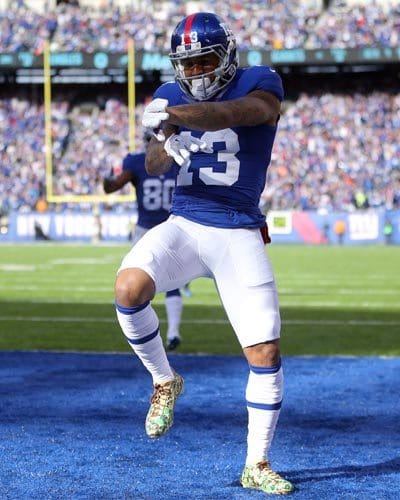
The bio also includes “question everything” (a sentiment echoed by our Dwayne Brown just last week), and I can’t stress that point enough. If you focus too much on one thing, you’re missing out. If you ignore one thing, you’re missing out as well. Do you fall in love with players based on their athletic profiles and SPARQ scores? Then make sure you’ve seen them play so you know whether or not they run into the back of their offensive linemen or shy away from contact. Do you spend hours watching college tape to evaluate prospect talent? Then don’t deny when a player who looks good on the field simply doesn’t match up to their peers at the NFL combine. Everything counts.
I like to watch college tape, but not so I can truly evaluate a player. How will I ever know their effort, the way the interact with people, their motivations and all the things that lead to a successful NFL career? I watch it to get an idea of how a player looks and their tendencies. Are they big and powerful? Small and speedy? A pass-catching back or a bruiser? All research is good research, and I’ll take it into account just as I do athleticism in shorts, and importantly NFL draft position.
Research your own teams by being honest and unbiased in your assessments of them. Compare and contrast with good and bad rosters in your leagues. Research the attitudes of those who have had tremendous success in the fantasy football industry through Eric Dickens’ ‘How I Play’ series and use their techniques moving forward.
Have Fun With It
Winning is fun, so I’m going to have more when winning than losing. That’s the case for everybody. However, if I don’t enjoy the rest of the calendar year outside of the few playoff weeks, why would I play this game?
What’s fun for me is building teams made up of players I think will be successful, playing in leagues I believe are exciting and sharing that with owners I enjoy competing against.
Is that the same for you? Not everyone feels the same way, but I can guarantee that being adaptable, finding a balance, showing patience and doing relentless research will lead to a more enjoyable experience.
News and Notes From The Leagues
International Dynasty League (0-0)
I moved Carlos Hyde, Hunter Henry and the 1.08 for Jordy Nelson, Jimmy Graham, the 2.01 and the 2.06. I want to push for a superstar lineup in 2017, and felt happy with the return here. Carlos Hyde is actually a firm buy for me this off-season and it sucked to see him go, but I’m hoping with three second round picks in a loaded class and a ton of receivers, I’ll be able to acquire some running back help.
When you have two great quarterbacks in a 1QB league, you need to capitalize. I’ll be looking to ship Andrew Luck or Marcus Mariota at some point over the off-season. Here, I’m wide receiver-needy.
It’s almost time to decide on franchise tag players and get the various auctions going. As all of these take place, I’ll be sharing the action as part of this series.
Much work is to be done here to acquire quarterbacks and improve the overall makeup of the team, and with two first round picks I feel well equipped. Trade offers will be going out for players I believe are good buy low options.
I was acquired for $14 is the owner startup auction. 11.24 British pounds. Am I bothered? Not at all. Have I forgotten about it? Yes, can we just stop bringing it up? Geez. All I will say to everyone except Eric Dickens (who put up the dollars for me) is: watch out.
I’d love to hear what drives your philosophy in the comments section.
- 2022 Rookie Class: An Early Look at Kenny Pickett, QB Pittsburgh - January 31, 2022
- Dynasty Fantasy Football Rookie Update: Quez Watkins, WR PHI - July 15, 2020
- Dynasty Fantasy Football Rookie Update: John Hightower, WR PHI - July 7, 2020






